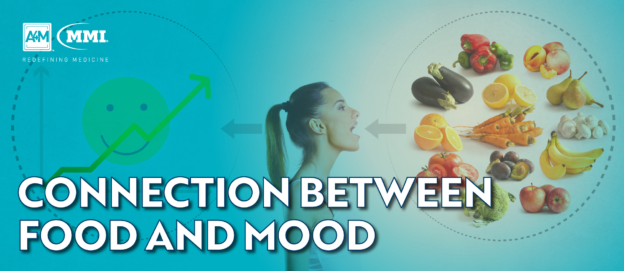While Anti-Aging Medicine touts diet as a cornerstone of health and longevity, the latest clinical research suggests that results are not solely dependent on what one is eating—but also when. As a proliferation of scientific information has emerged regarding the benefits of intermittent fasting, A4M/MMI is proud to announce a milestone in public health with one of its sponsor partners: L-Nutra, developer of nutri-technologies including the ProLon Fasting Mimicking Diet®. 
Last week, L-Nutra received a fully issued patent focused on enhancing longevity and health span. Originally conceived by biochemist Valter Longo, PhD—Director of the Longevity Institute of the University of Southern California and a keynote presenter at the upcoming 26th Annual World Congress in Las Vegas—the concept of Fasting Mimicking Diet (FMD) is considered a nutritional breakthrough: designed to provide the body with natural, nourishing ingredients, while not activating any of the pro-aging processes. While FMD has rapidly gained traction and recognition across the globe, and represents the forefront of modern medicine, ProLon is now the very first product in the history of medicine to be developed, tested, sold, positioned, and patented for reversal of aging.
The clinically proven research and science behind the ProLon Fasting Mimicking Diet, coupled with NIH sponsorship and the continuous trial results in top medical journals, make ProLon the only product in Integrative Medicine that has achieved the same level of credibility as top products in biotechnology. As quoted in the patent’s official publication, “Fasting Mimicking Diet without malnutrition is effective in protecting the brain against aging and oxidative stress.” The publication further reinforces FMD’s ability to demonstrate neuroprotective properties against neurodegenerative diseases including stroke, Parkinson’s, Huntington’s, and Alzheimer’s—and that reducing food intake can diminish cognitive dysfunction. Most importantly, the patent confirms that while conventional therapies are limited in their ability to provide a coordinated regenerative process similar to the developmental process that leads to tissue generation in the embryo, FMD’s formulations and methods can overcome these limitations—and induce the beneficial cellular effects. Learn more about the ProLon Fasting Mimicking Diet here.
As Fasting Mimicking Diet continues to sweep the nation, Dr. Longo will deliver a lecture at December’s World Congress focused on the applications of intermittent fasting to metabolic syndrome, diabetes, cancer, autoimmunity, peptide therapy, weight management, and cellular rejuvenation programs. Due to the exploding popularity and recognition of FMD, Dr. Longo’s far-reaching potential represents a significant transition surrounding the ways in which clinicians advise patients regarding weight management, wellness, and longevity. Marking an exciting and unique opportunity to be at the forefront of the healthcare industry, delegates will learn firsthand about one of the newest and most effective ways to enhance your practice and patient outcomes.


